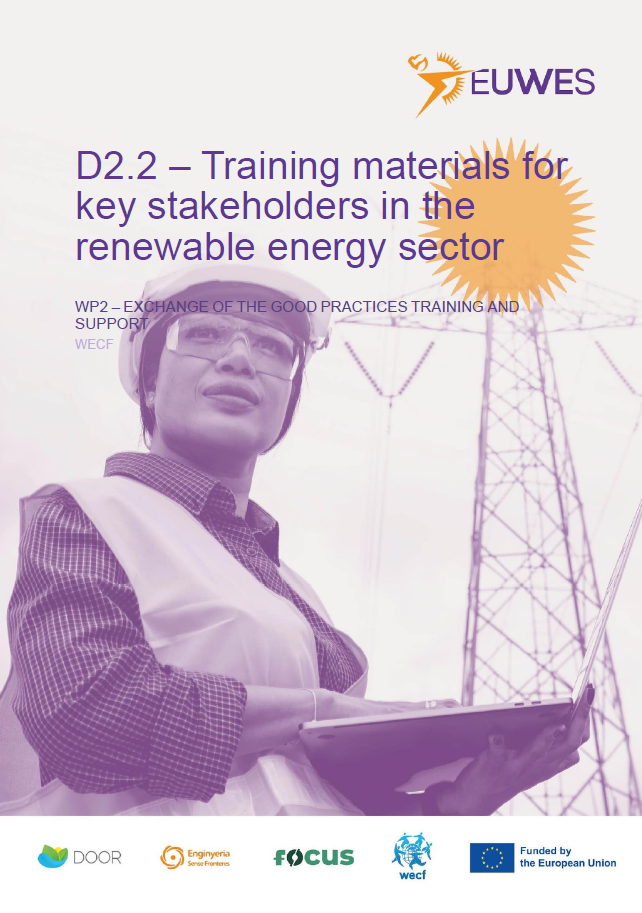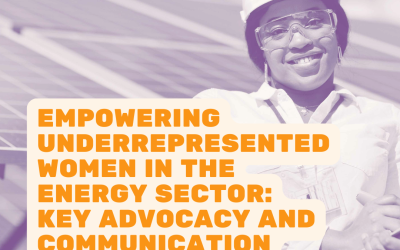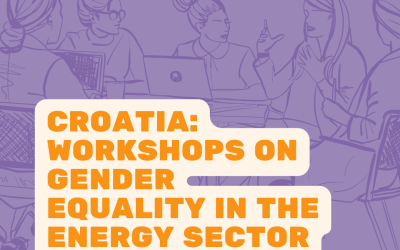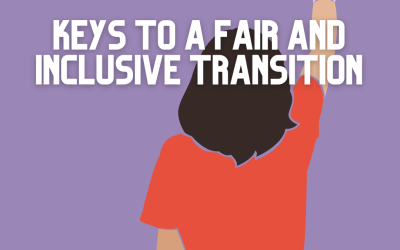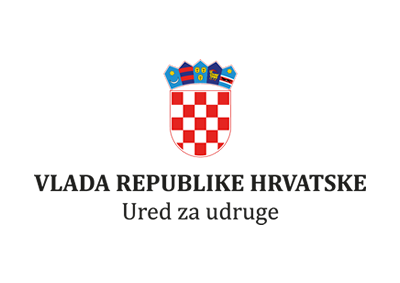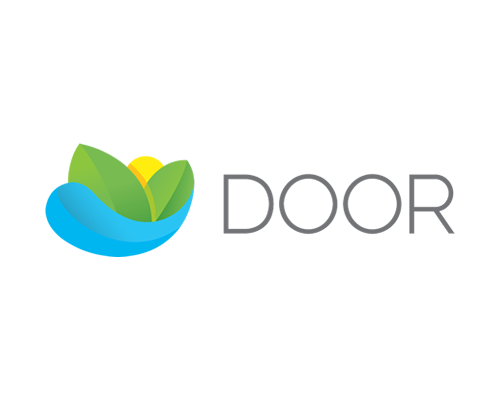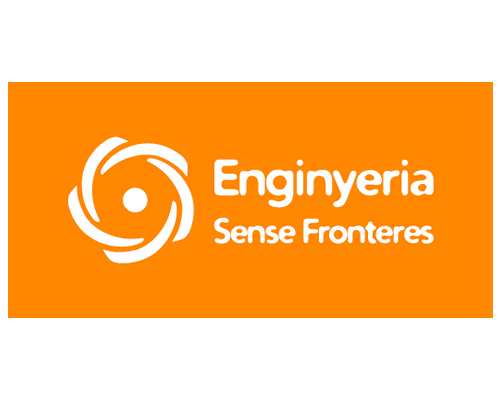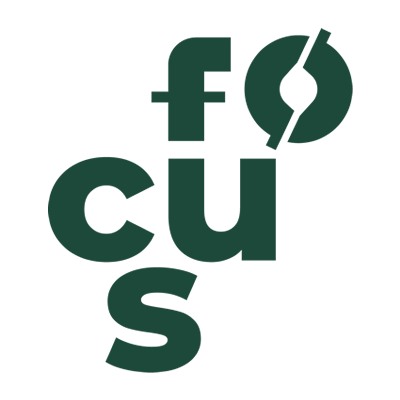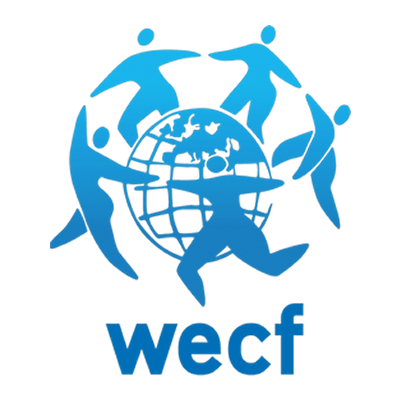Despite the increasing recognition of gender equality as essential for sustainable development, the energy sector continues to struggle with integrating gender considerations into its policies and practices. This oversight not only perpetuates inequalities but also limits the sector’s potential to foster inclusive growth and innovation. A significant gap exists in the availability of training materials and resources to help stakeholders effectively address gender issues across the sector.
Integrating gender perspectives is not just about fairness; it enhances efficiency, sustainability, and overall performance. Diverse gender representation at all levels of the industry encourages better decision-making, stronger community engagement, and more effective project outcomes. Moreover, gender-responsive policies in energy can improve access to energy, particularly for marginalized communities often affected by energy poverty.
Addressing this issue, Women Engage for a Common Future (WECF) has launched a comprehensive set of training programs aimed at equipping key stakeholders with the tools they need to promote gender equality in the energy sector. These training modules are tailored to three primary groups: authorities and decision-makers, the private sector, and academia. Each module is designed to address the specific roles these stakeholders play in advancing gender equity in the industry.
The training materials, which are available in English and adaptable to various contexts, are intended for energy company employees, national decision-makers, and educators. The goal is to raise awareness of gender disparities in the sector and foster a commitment to change, from increasing the enrollment of women in technical courses to removing career progression barriers within energy companies.
WECF’s efforts have already seen success, with several training sessions completed in countries such as Slovenia and Germany. These sessions are part of a broader initiative under the EUWES project, which aims to strengthen the gender capacity of its consortium members. Additional programs target women working in the energy sector and female students pursuing technical degrees.
However, challenges remain. The partners involved in the EUWES project come from diverse backgrounds, with varying levels of experience in gender training. Moreover, some stakeholders, particularly in more conservative regions, may be hesitant to engage in discussions about gender equity. Finding time and resources to conduct training sessions has also proven difficult, as many stakeholders are already overloaded with other commitments.
Despite these challenges, WECF and its partners are optimistic. By tailoring training content to the specific needs of stakeholders and adapting to different national contexts, the initiative is laying the groundwork for a more inclusive and gender-responsive energy sector. The training materials developed as part of this project are available on the EUWES website, offering valuable tools for anyone looking to promote gender mainstreaming in the energy industry.
The results of these efforts will be shared in final EUWES reports, highlighting the progress made and lessons learned across the participating countries. This initiative marks an important step toward a more sustainable and equitable energy future, one that benefits all individuals, regardless of gender identity.
